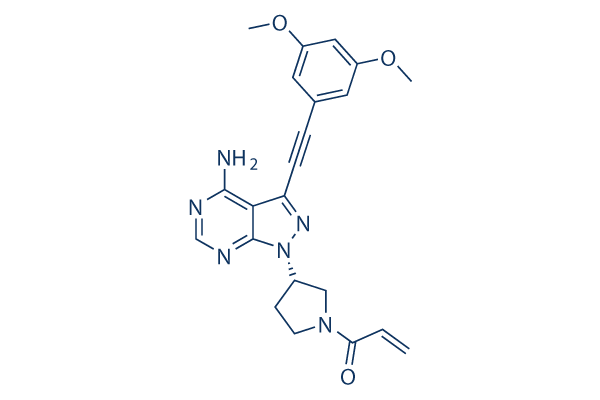FDA Grants Priority Review to Futibatinib for Metastatic Cholangiocarcinoma

The FDA has granted priority review to a New Drug Application (NDA) for Taiho Oncology, Inc’s futibatinib (TAS-120) in the treatment of patients with previously treated locally advanced or metastatic cholangiocarcinoma (CCA) harboring FGFR2 gene rearrangements, including gene fusions.1
The NDA was based on findings from the phase 2b FOENIX-CCA2 trial (NCT02052778). The trial found that futibatinib produced an objective response rate (ORR) of 41.7% per independent central review with a median duration of response (DOR) of 9.7 months.2
Among patients who responded to treatment, 72% continued to respond for 6 months or longer.
"Given the lack of an accepted standard chemotherapy following the failure of first-line treatment, futibatinib could represent a significant opportunity for a targeted therapy in this subset of patients with CCA, which has driven our pursuit with this investigational compound," said Volker Wacheck, vice president, Clinical Development, Taiho Oncology, Inc, in a press release. "We look forward to working with the FDA as they consider the application for futibatinib under priority review."
Futibatinib—an investigational, oral, potent, selective, and irreversible tyrosine kinase inhibitor of FGFR1, 2, 3 and 4—is currently being evaluated as a treatment for patients with advanced solid tumors with FGFR1-4 genetic aberrations, including cholangiocarcinoma, previously treated with chemotherapy or other therapies.
The agent selectively and irreversibly binds to the ATP binding pocket of FGFR1-4, which inhibits FGFR-mediated signal transduction pathways, decreases tumor cell proliferation, and increases tumor cell death in tumors with FGFR1-4 genetic aberrations, according to Taiho Oncology.
The open-label, multicenter, phase 2b FOENIX-CCA2 trial enrolled 103 patients with locally advanced or metastatic unresectable intrahepatic CCA, harboring FGFR2 gene rearrangements—including fusions—previously administered 1 or more lines of systemic therapy. Patients were administered futibatinib 20 mg once daily until disease progression or unacceptable toxicity.
The primary endpoint of objective response rate (ORR) was 41.7% as assessed by independent central review. The key secondary endpoint DOR was a median of 9.7 months (72% of responses ≥6 months).
The most common treatment-related adverse events (AEs) in FOENIX-CCA2 were hyperphosphatemia (85%), alopecia (33%) and dry mouth (30%). The only serious AE observed in more than 1 patient was migraine (1.9%).
As a result of the findings, the FDA granted Breakthrough Therapy Designation to futibatinib for patients with previously treated locally advanced or metastatic CCA in 2021.
"This is a very important step towards our goal to deliver futibatinib to patients awaiting potential new treatment options," said Teruhiro Utsugi, senior managing director, Taiho Pharmaceutical, in a press release.
Under the Prescription Drug User Fee Act, the FDA will decide on the NDA by September 30, 2022.
References
1. US Food and Drug Administration (FDA) accepts for priority review Taiho Oncology’s new drug application for futibatinib for cholangiocarcinoma. News release. Taiho Oncology, Inc.; March 30, 2022. Accessed March 30, 2022. https://prn.to/3uEZKee.
2. Goyal Lipika, Meric-Bernstam F, Hollebecque A, et al. Abstract CT010: primary results of phase 2 FOENIX-CCA2: the irreversible FGFR1-4 inhibitor futibatinib in intrahepatic cholangiocarcinoma (iCCA) with FGFR2 fusions/rearrangements. Cancer Res. 2021;81(suppl 13):CT010. doi:10.1158/1538-7445.AM2021-CT010.
March 31, 2022



